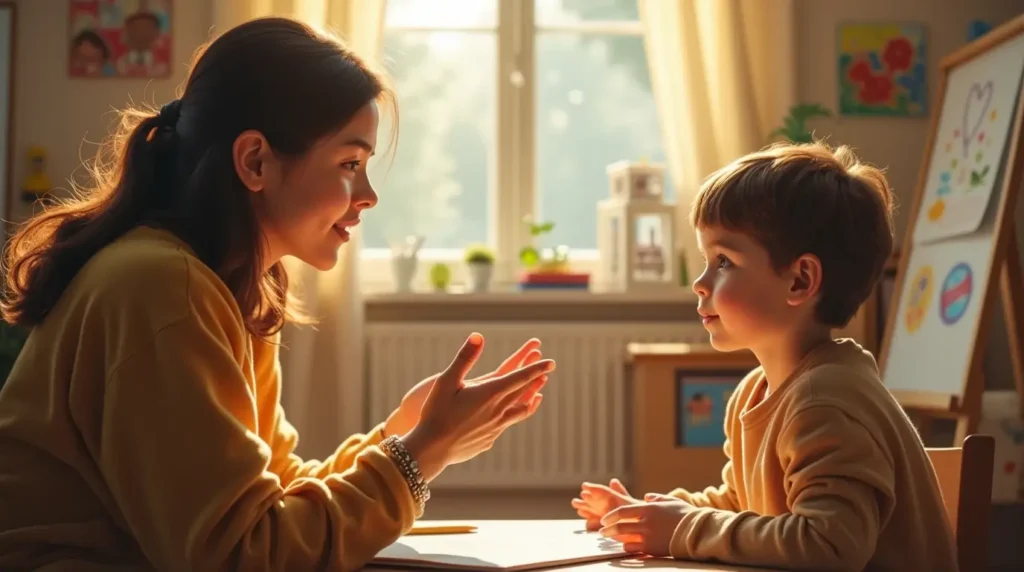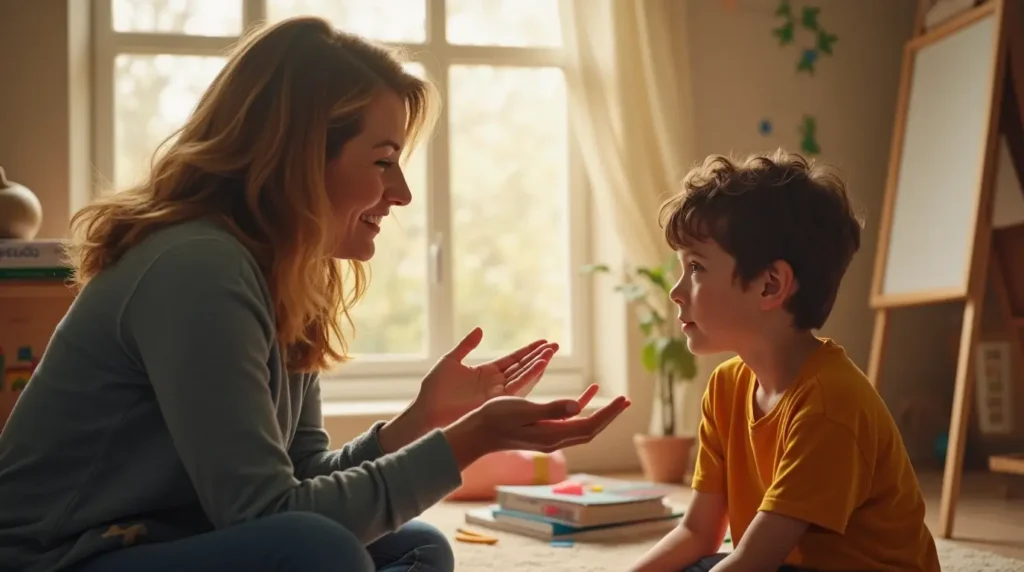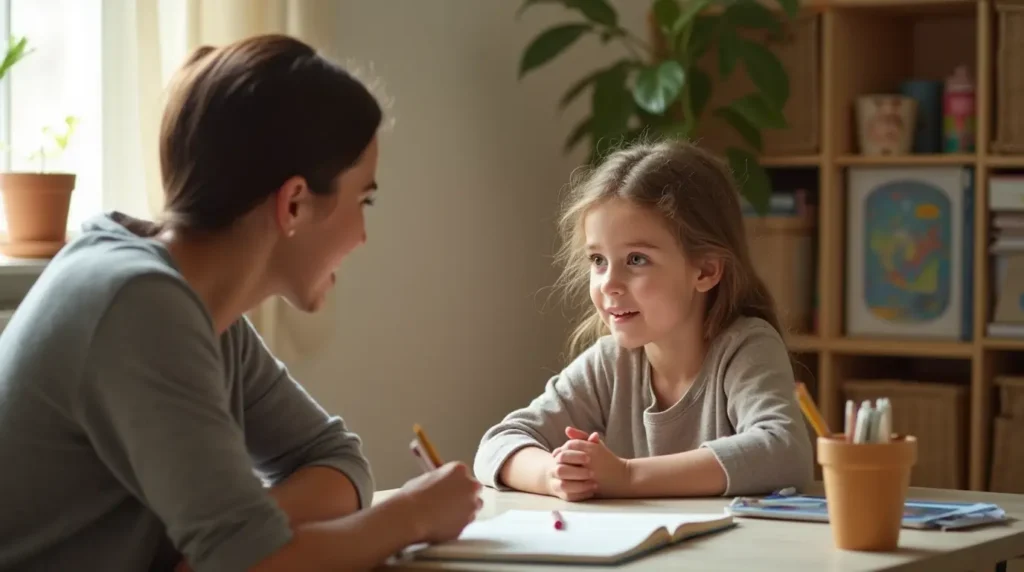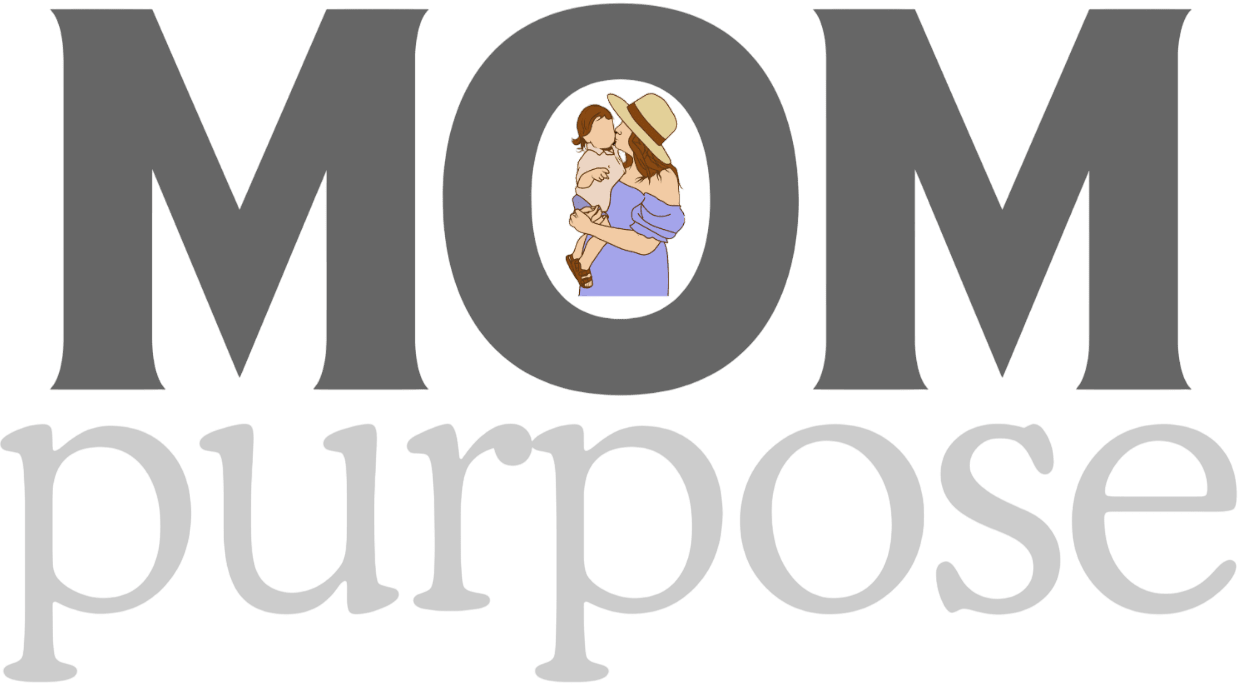I’ll never forget the moment my high school teacher, Mrs. Thompson, pulled me aside after class. I was struggling with self-doubt, convinced I wasn’t cut out for college. She looked me in the eye and said, “You have so much potential. Don’t let fear hold you back.” Those words stayed with me, pushing me to apply for scholarships and eventually graduate with honors. That’s the power of how guidance and advice can help kids—it can change the trajectory of a child’s life.
As a parent, mentor, or educator, you have the opportunity to shape young minds and help them navigate the complexities of life. In this article, I’ll explore how guidance and advice can help kids succeed, offering practical tips and insights to empower the next generation.
Table of Contents

The Role of Guidance in Child Development
Guidance isn’t just about telling kids what to do—it’s about equipping them with the tools they need to thrive. From building confidence to fostering emotional intelligence, the impact of thoughtful advice is profound.
Building Confidence and Self-Esteem
One of the most significant ways how guidance and advice can help kids is by boosting their confidence. I’ve seen this firsthand with my own children. When my son was hesitant to join the school play, I encouraged him to take the leap. “You’ll never know what you’re capable of unless you try,” I told him. That simple piece of advice gave him the courage to audition, and he ended up landing a lead role.
- Positive Reinforcement: Celebrate their efforts, not just their achievements.
- Safe Space for Exploration: Let them know it’s okay to make mistakes and learn from them.
- Encouragement: A few kind words can go a long way in helping kids believe in themselves.
According to a study by the American Psychological Association, children who receive consistent encouragement from adults are more likely to develop high self-esteem and a positive self-image. This is a perfect example of how guidance and advice can help kids grow into confident individuals.
Teaching Decision-Making Skills
Life is full of choices, and kids need guidance to navigate them effectively. I remember teaching my daughter how to make decisions by breaking down the process. “What are your options? What are the pros and cons? How do you feel about each choice?” I’d ask. This approach helped her think critically and take ownership of her decisions.
- Weighing Options: Teach kids to consider all possibilities before making a choice.
- Understanding Consequences: Help them see how their decisions impact themselves and others.
- Role-Playing Scenarios: Practice decision-making in a low-pressure environment.
Research from the University of Illinois shows that children who are guided in decision-making are better equipped to handle complex situations as they grow older. This is another way how guidance and advice can help kids develop essential life skills.
Fostering Emotional Intelligence
Emotional intelligence is a cornerstone of success, and guidance plays a crucial role in its development. When my nephew struggled with anger issues, his teacher taught him calming techniques like deep breathing and counting to ten. Over time, he learned to manage his emotions and communicate more effectively.
- Identifying Emotions: Help kids recognize and name their feelings.
- Managing Reactions: Teach strategies for handling stress, anger, or sadness.
- Empathy and Communication: Encourage them to consider others’ perspectives and express themselves clearly.
A study published in the Journal of Applied School Psychology found that children with higher emotional intelligence perform better academically and have stronger social relationships. This demonstrates how guidance and advice can help kids build emotional resilience.

How Parents Can Provide Effective Guidance
As a parent, I’ve learned that guidance isn’t about controlling my kids—it’s about empowering them to make smart choices and learn from their experiences. Here are some strategies that have worked for me.
Active Listening and Open Communication
One of the most powerful ways how guidance and advice can help kids is by creating a safe space for open dialogue. When my daughter came home upset after a fight with her friend, I made sure to listen without judgment. “Tell me what happened,” I said, giving her the floor to express herself.
- Be Present: Put away distractions and give them your full attention.
- Ask Open-Ended Questions: Encourage them to share their thoughts and feelings.
- Validate Their Emotions: Let them know it’s okay to feel the way they do.
According to a report by Child Trends, children who feel heard and understood are more likely to develop strong communication skills and healthy relationships. This is a key example of how guidance and advice can help kids feel supported and valued.
Setting Clear Expectations and Boundaries
Kids thrive on structure, and clear boundaries provide a sense of security. In our house, we have rules about screen time, homework, and chores. While my kids sometimes push back, they understand that these guidelines are in place to help them succeed.
- Consistency is Key: Stick to the rules and enforce them fairly.
- Explain the Why: Help kids understand the purpose behind the boundaries.
- Flexibility When Needed: Be willing to adjust rules as they grow and mature.
A study by the American Academy of Pediatrics found that consistent boundaries contribute to better behavior and emotional regulation in children. This is another way how guidance and advice can help kids develop discipline and responsibility.
Leading by Example
Kids are always watching, and they learn more from what we do than what we say. I try to model the values I want my children to embrace—kindness, resilience, and a strong work ethic. When I make a mistake, I own up to it and show them how to learn from it.
- Demonstrate Positive Behavior: Show them how to handle challenges with grace.
- Admit Your Mistakes: Teach them that it’s okay to be imperfect.
- Practice What You Preach: Align your actions with your words.
Research from Harvard University highlights the importance of role models in shaping children’s attitudes and behaviors. This is a powerful example of how guidance and advice can help kids learn by example.

The Role of Teachers and Mentors in Guiding Kids
While parents play a critical role, teachers and mentors also have a profound impact on a child’s development. I’ve seen how their guidance can inspire kids to reach their full potential.
Encouraging Curiosity and Lifelong Learning
Great teachers know how to spark curiosity. My son’s science teacher, Mr. Davis, made every lesson an adventure. His enthusiasm was contagious, and it motivated my son to explore STEM subjects outside the classroom.
- Inspire Exploration: Encourage kids to ask questions and seek answers.
- Foster a Growth Mindset: Teach them that intelligence and abilities can be developed.
- Celebrate Curiosity: Reward their efforts to learn and discover.
A study by the National Science Foundation found that students with curious mindsets are more likely to excel academically and pursue higher education. This is a clear example of how guidance and advice can help kids develop a love for learning.
Providing Academic and Career Guidance
Mentors can help kids set goals and plan for the future. When I was in college, a professor encouraged me to apply for an internship that changed my career trajectory. That kind of guidance is invaluable.
- Set Goals: Help kids identify their passions and aspirations.
- Offer Resources: Provide tools and information to help them succeed.
- Be a Cheerleader: Celebrate their achievements and encourage them to keep going.
According to a report by MENTOR: The National Mentoring Partnership, young people with mentors are 55% more likely to enroll in college. This shows how guidance and advice can help kids achieve their academic and career goals.
Building Resilience Through Challenges
Life isn’t always easy, and kids need guidance to navigate tough times. When my niece failed her driving test, her mentor reminded her that failure is part of the learning process. “You’ll get it next time,” she said, and that reassurance made all the difference.
- Normalize Failure: Teach kids that setbacks are opportunities to grow.
- Offer Support: Be there to listen and encourage them.
- Celebrate Effort: Recognize their hard work, even if they don’t succeed.
Research from the University of Pennsylvania shows that resilience is a key predictor of long-term success. This is another way how guidance and advice can help kids bounce back from challenges.
The Long-Term Benefits of Guidance and Advice
The impact of guidance and advice doesn’t end in childhood—it shapes kids into confident, capable adults. Here’s how.
Improved Academic Performance
Kids who receive guidance are more likely to excel in school. Whether it’s help with homework or encouragement to pursue advanced courses, support from adults makes a difference. This is a prime example of how guidance and advice can help kids achieve academic success.
Stronger Social Skills and Relationships
Guidance teaches kids how to interact positively with others, building the foundation for healthy relationships. This is another way how guidance and advice can help kids develop strong social skills.
Greater Career Success
Mentorship opens doors to opportunities and networks, helping kids achieve their professional goals. This demonstrates how guidance and advice can help kids succeed in their careers.

Conclusion: Empowering Kids Through Guidance
Guidance and advice are more than just words—they’re tools that help kids navigate life’s challenges and seize its opportunities. As someone who’s experienced the power of mentorship firsthand, I can’t overstate its importance.
If you’re a parent, teacher, or mentor, take the time to guide the children in your life. Your words and actions could be the catalyst for their success. And if you have a story about how guidance and advice can help kids, I’d love to hear it in the comments below.
Frequently Asked Questions (FAQ)
How can guidance and advice help kids build confidence?
Positive reinforcement and encouragement from trusted adults help kids believe in themselves and their abilities. This is a key way how guidance and advice can help kids grow into confident individuals.
What role do mentors play in a child’s success?
Mentors provide academic, emotional, and career guidance, helping kids navigate challenges and set goals. This is a clear example of how guidance and advice can help kids achieve their potential.
How can parents provide effective guidance to their children?
By actively listening, setting clear boundaries, and leading by example, parents can offer meaningful support. This is another way how guidance and advice can help kids thrive.
Why is emotional intelligence important for kids?
Emotional intelligence helps kids manage their emotions, build relationships, and make better decisions. This demonstrates how guidance and advice can help kids develop essential life skills.
How does guidance impact a child’s long-term success?
Guidance improves academic performance, social skills, and career prospects, setting kids up for a successful future. This is a powerful example of how guidance and advice can help kids achieve long-term success.

